Each GNT red ball match day starts with a talk on different themes that promote a “love of tennis”. Where applicable a scriptural principle is illustrated in the talk. Parents are encouraged to attend so that they can re-affirm what was taught at home. This talk is translated in Afrikaans after each paragraph.

Definition of friendliness: Going to trouble to get to know your opponent to like them. “Om moeite te doen om jou opponent te leer ken om van hulle te hou.”
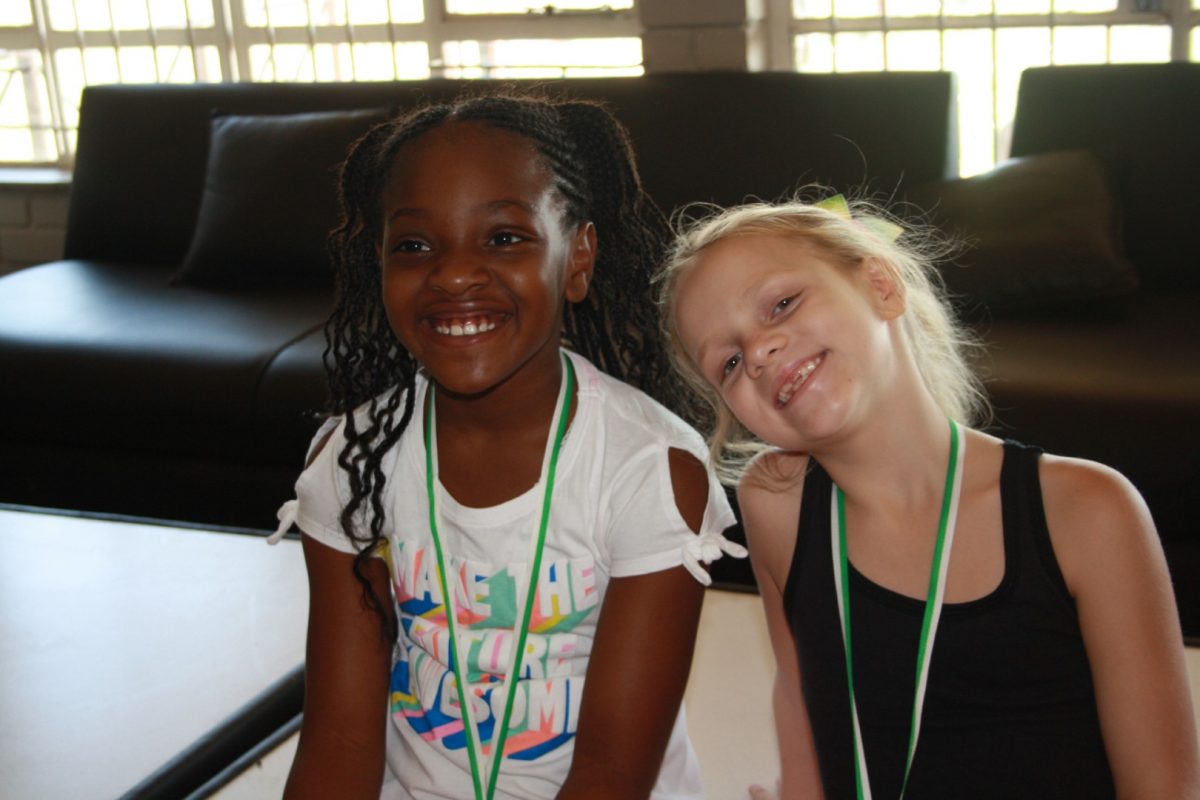
Example: At the start of a match introduce yourself (your name and their name) and shake the name of your opponent. “Voor die wedstryd stel jouself bekend aan die opponent en skud hul hand.”
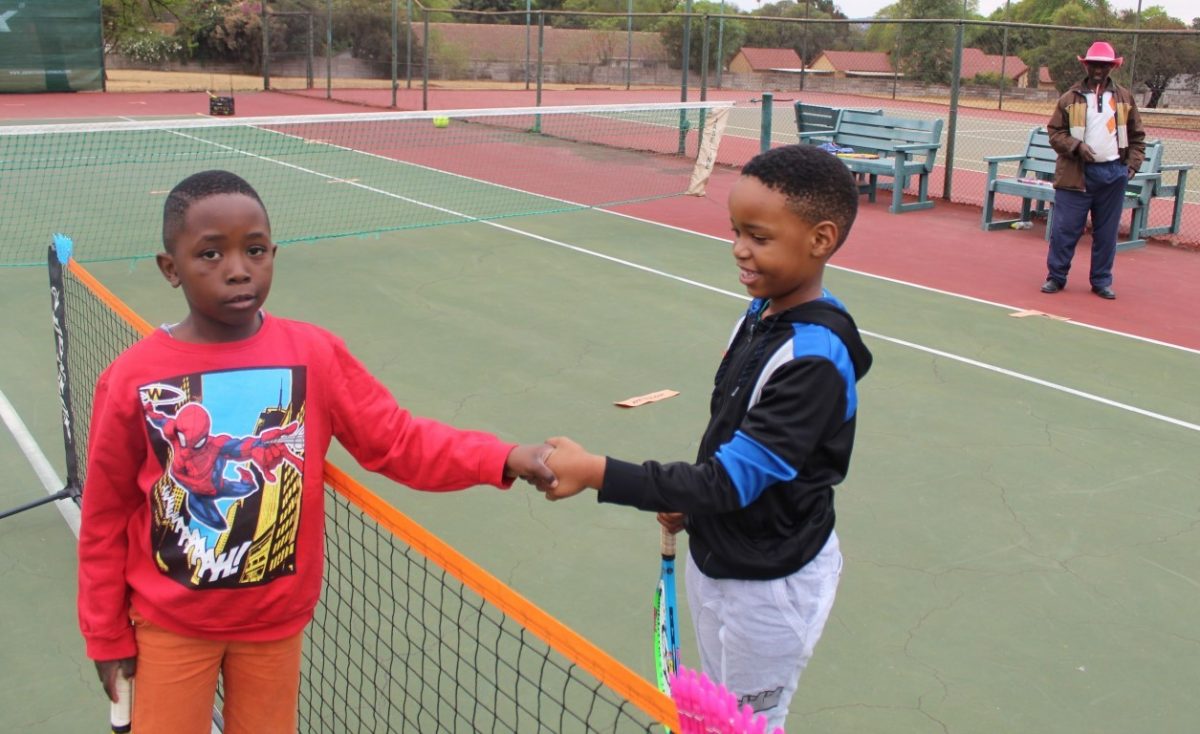
If there is anything you like about what your opponent looks like about what your opponent looks like, tell them (racquet, tackies, clothes, hair). “As jy iets sien waarvan jy hou van hoe jou opponent lyk, vertel hul (raket, tekkies, kleure, hare).”

Ask them where they go to school? “Vra jou opponent na watter skool hy gaan?” If they like anything about you, say thank you enthusiastically. “As hul iets mooi sê van jou se dankie.”

Practical: Divide the children into English and Afrikaans first language speakers. Form pairs in those groups. Parents accompany their children to help their child. Take turns to introduce yourself. If your child is shy, first encourage them and if they still shy speak on your child’s behalf. “Neem beurte om jouself voor te stel.” Keep conversations short. “Hou gesprekke koort.”
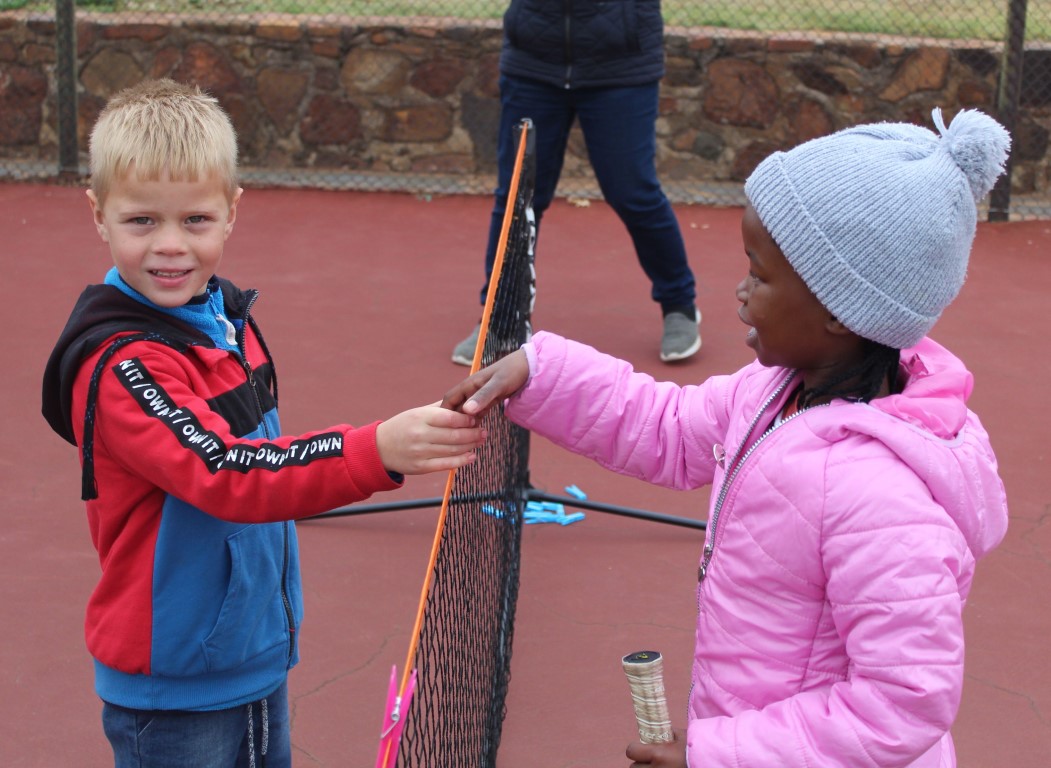
All you are trying to say is: “You are looking forward to playing against your opponent.” “Basies probeer jy sê dat jy uitsien om met jou opponent te speel.”
Examples of what friendliness is not in tennis? “Voorbeelde van wat vriendelikheid nie is nie in tennis.” 1
- No talking between points. “Moenie praat tussen punte nie.” If you compliment an opponent after they played a point well. rather make a clapping gesture on your racquet. (Speaking during the match can put your opponent off.) “Die manier om jou opponent te komplimenteer, is hom te wys dat jy op jou raket se snare te klap as hul ‘n goeie wen hou speel.” (“Let op dat as jy praat in die wedstryd kan jy jou opponent afsit.”)
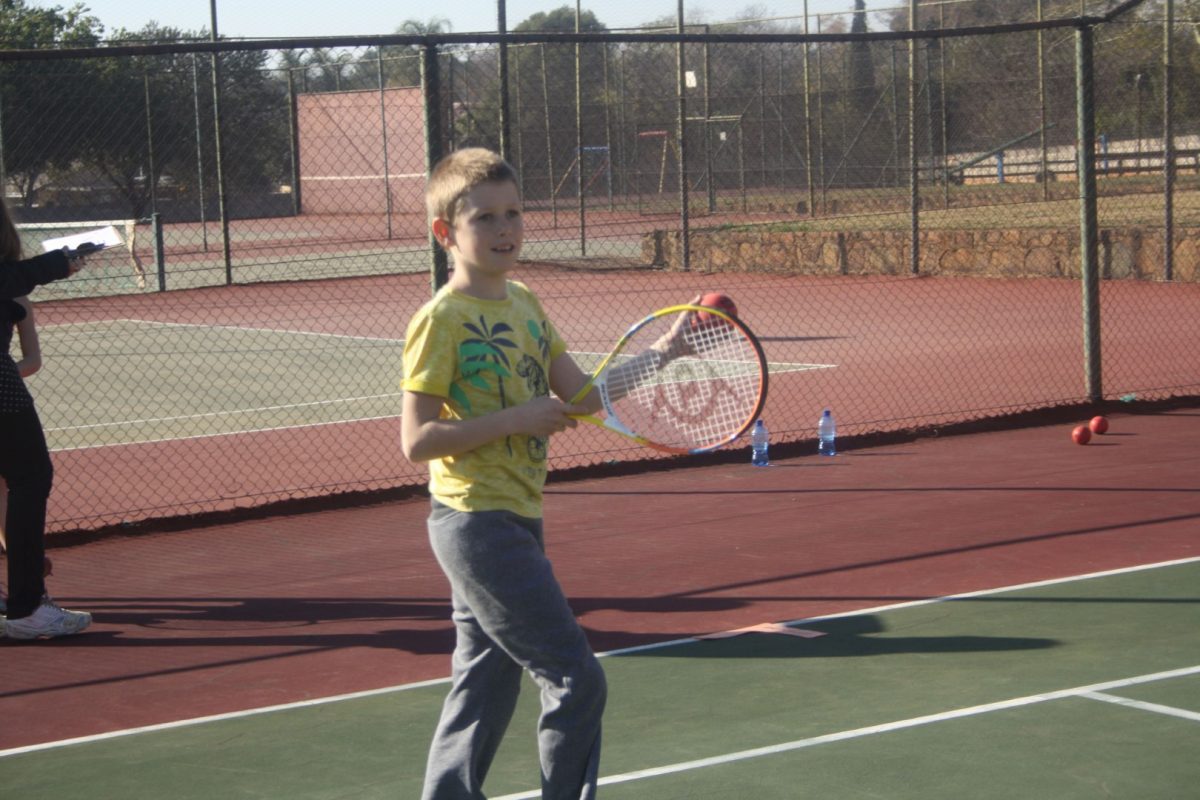
Why do you want your opponent to enjoy playing against you? “Wat is die redes hoekom jy wil hê jou opponent dit geniet om teen jou te speel?”
- They might become your friend in the future. “Hul mag jou vriend word in die toekoms”
- You enjoy the match more yourself. “Jy sal die wedstryd self meer geniet.”
- It does not affect the result of whether you lose or win a match. “Wat baie belangrik is die feit dat jy vriendelik is met jou opponent sal jy nie verloor of wen nie as gevolg daarvan.”
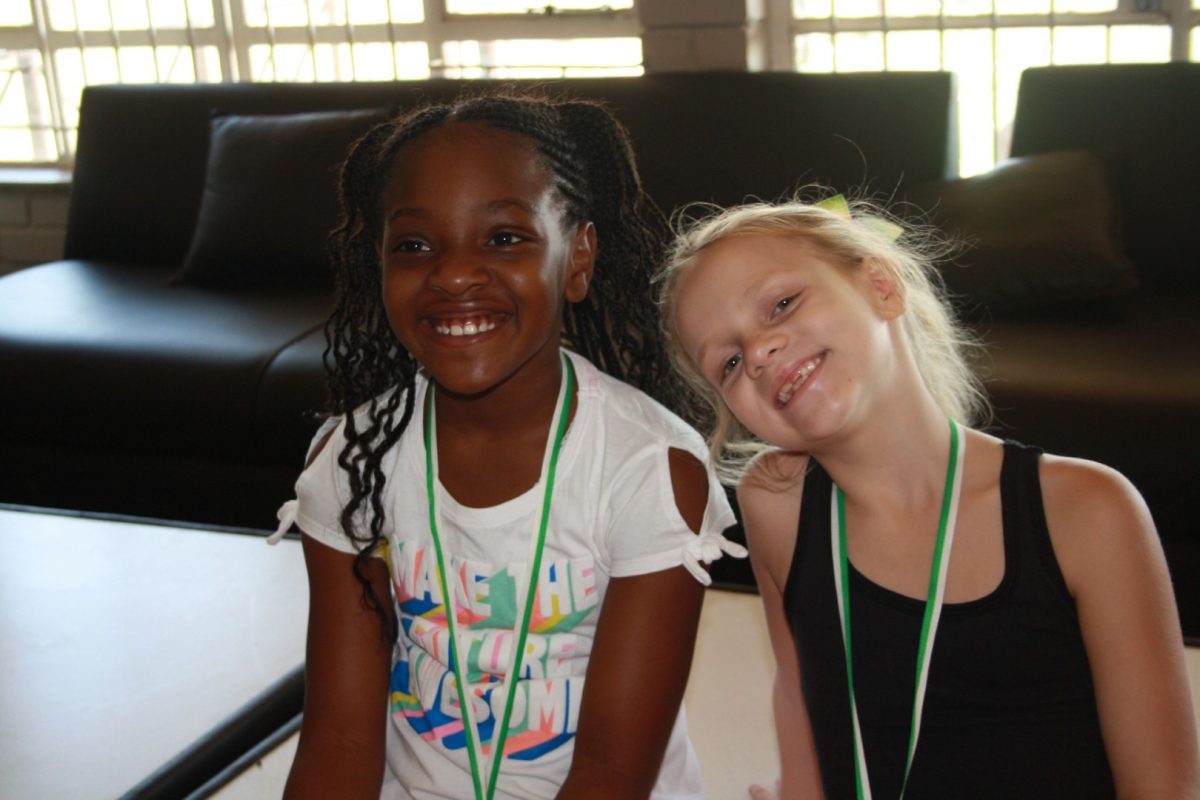
How do you end a match? “Hoe eindig jy ‘n wedstryd?”
- Shake hands at the net. “Skud hande by die net.”
- If you have won. try to genuinely compliment the opponent. “As jy gewen het probeer iets mooi sê van jou opponent.” E.g. Any shots the opponent plays well. “b.v. enige hou wat jou opponent goed speel.” Any element of tennis etiquette (honest line calls). “Enige element van tennis etiket (die balle mooi aangegee).” Their tennis equipment. “n Mooi raket, hemp, pet en sak.”
- If you have lost. try to genuinely say why they won. “As jy verloor het, probeer om hulle eerlik te sê hoekom hulle gewen het.” Example “Voorbeeld” Any shots the opponent plays well. “Enige hou wat hulle goed gespeel het.” Offer to buy them a coldrink after the match. “Vra jou opponent of jy hom ‘n koeldrank kan koop.”
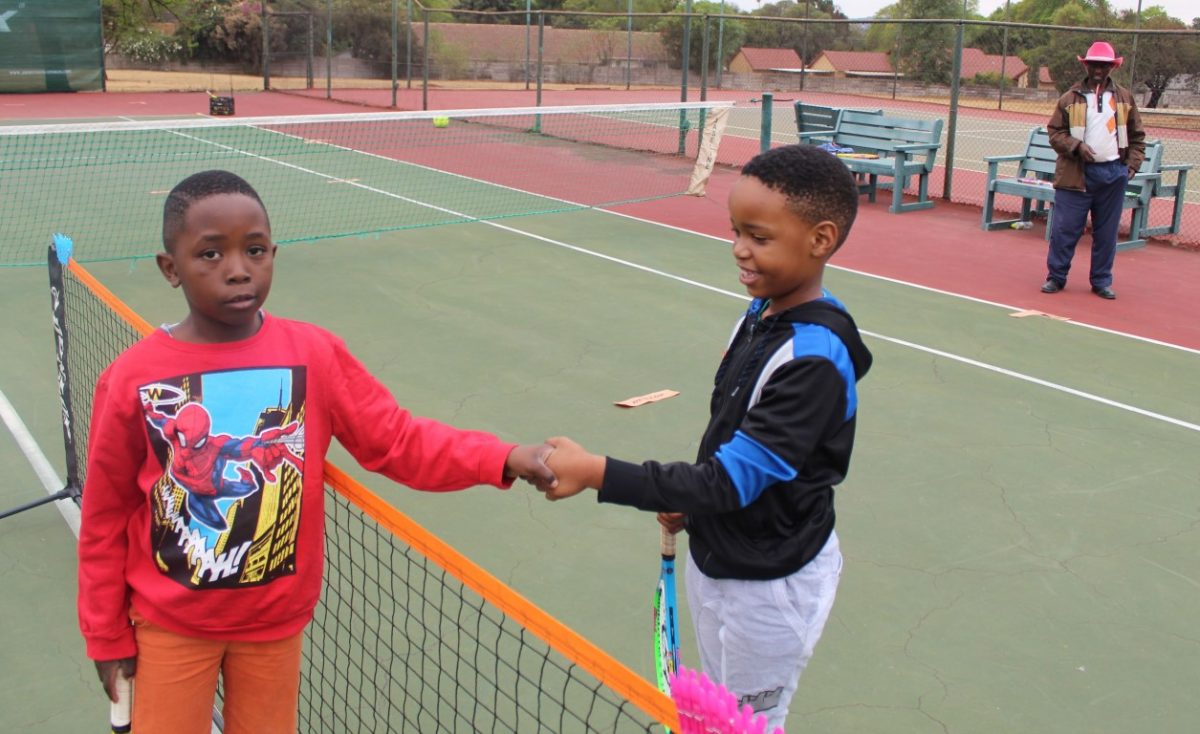
How you must view winning and losing? “Hoe om wen en verloor te ervaar?”
- You must enjoy winning or losing equally. “Wen of verloor jy moet altwee geniet.”
- In fact if you lose you must be happy for your opponent. “As jy sou verloor wees bly vir jou opponent se onthalwe.”
- If you win feel sorry (sympathise) for your opponent. “As jy sou wen voel jammer vir jou opponent.”
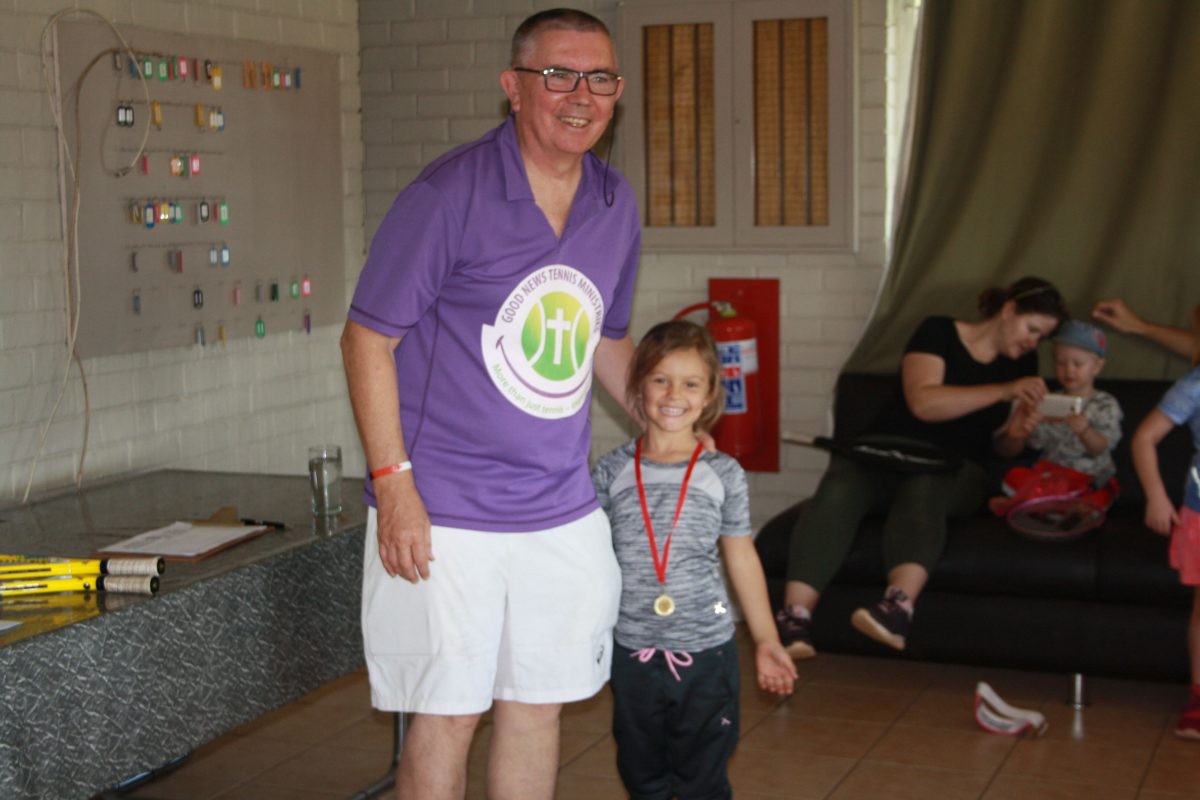
Conclusion: “Gevolgtrekking”
- There is a plaque above the entrance of Wimbledon’s centre court says you must winning and losing equally. “Daar is n bord bokant die ingang van Wimbledon se hoofbaan wat se ‘n speler moet wen en verloor dieselfde ervaar.”
- The exact words of the plaque says: “If you can meet with triumph and disaster and treat those two imposters just the same.” Rudyard Kipling”

